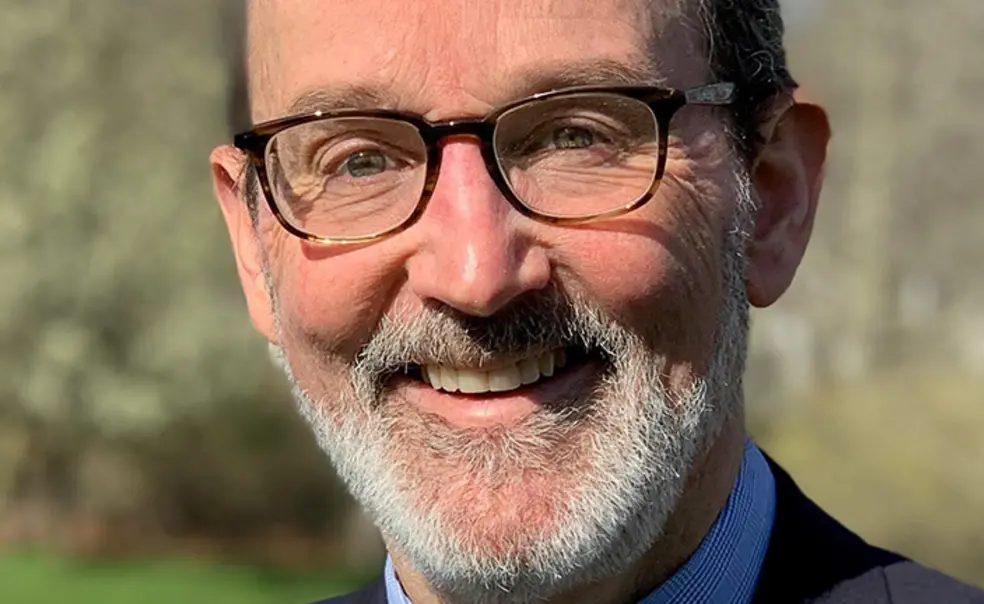For Evan Harrel ’83, Compassion Is About Action
“We are truly all connected,” Harrel says
The current state of the world has called into question many of the ways society normally operates. Evan Harrel ’83 is advocating for compassion.
Harrel, who studied economics at Princeton, now works as chief operating officer of the nonprofit Center for Compassionate Leadership. Founded in 2019 by his wife, Laura Berland, the Center’s goal is to help workplace leaders see the power behind kindness, Harrel says.
“I don’t think it’s melodramatic to say that the human race could be eliminated in the next 100 years. We’re either going to survive and thrive as a species by working together or run the risk of competing ourselves into extinction … Compassion is needed in this world right now because we are truly all connected,” Harrel adds.
The Center recently conducted a study to understand the feelings of team members and leaders during COVID-19. The pandemic has shifted the work environment, from the extra precautions essential employees have to take to the many now working from home. “We wanted to know: How are leaders responding?” says Harrel.
Conducted between March 27 and April 10, 200 people completed the survey from 22 countries around the world. Fifty percent identified as leaders, 23 percent as team members, and 28 percent as self-employed. Harrel says the results show disparities between the compassion leaders feel they are giving and how that is being interpreted by employees.
“Leaders recognize that they should be acting compassionately, and there’s other research that shows clearly that leaders recognize the value of compassion and also recognize that they’re not sure how to do it,” Harrel says. “This research just confirms that.”
For example, the findings highlight the wide range of emotions in the pandemic. Team members were more likely to report feelings of powerlessness and anger. The emotions of those who have and haven’t lost someone to COVID were different. The same is true for Black team members, due to both COVID and ongoing protests surrounding the Black Lives Matter movement. To be a compassionate leader, you need to empathize with all the emotions your team members may be feeling, Harrel says.
How can leaders be more compassionate? Harrel offers three tips:
First, show self-compassion. “They need to begin to understand where their anxieties are coming from [and] what their fears are so that they are coming from a place of comfort and confidence,” Harrel says. This is important because it affects your entire work environment. Harrel adds that the saying “if you don’t transform your pain, you will transmit it,” sums up the idea.
Secondly, build connections with employees to create psychological safety, the most important predictor of team success, Harrel says. Finally, focus on a greater purpose. “Team members respond if they know why they are doing what they are doing,” Harrel adds.
For Harrel, COVID-19 has reaffirmed the importance of his work and the global need for compassion. It’s also made him about serving as a leader for his team.
“Compassion isn't about thinking and discussing. It is about action,” he says. “I have redoubled my effort to be mindful and aware of the world around me and the consequences of my actions, and to be willing to be vulnerable and speak out about what is right.”












No responses yet